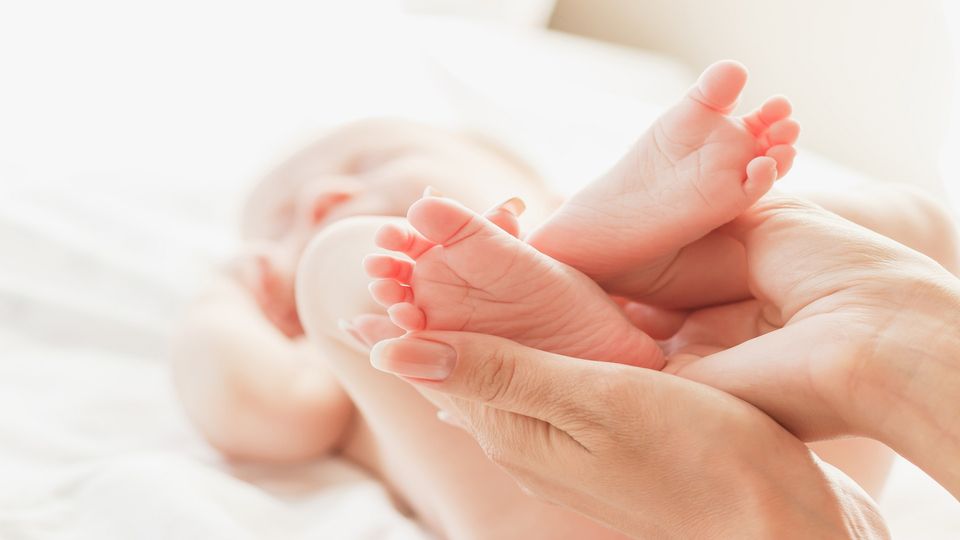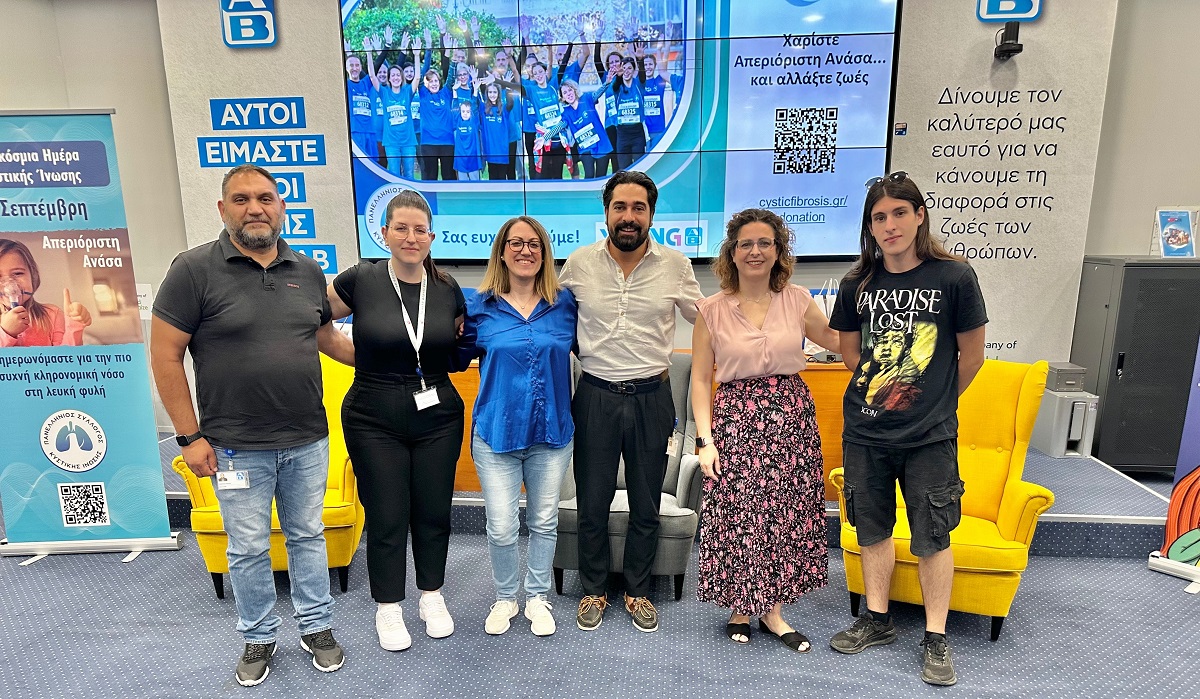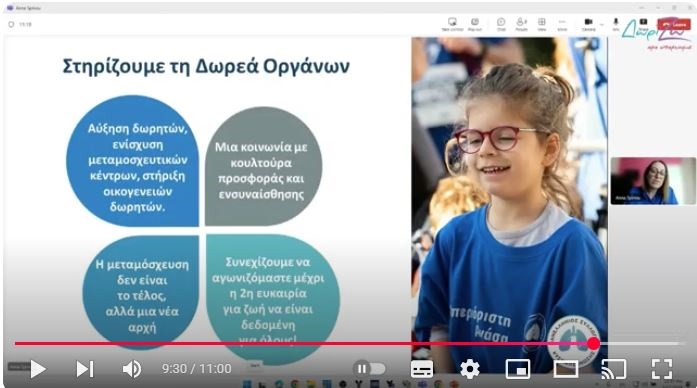On 31 March, the Ministry of Health and the Ministry of Finance and the Ministry of Finance signed the Joint Ministerial Decision for the development of a pilot application for the screening of newborns for the detection of Cystic Fibrosis and 29 other diseases as part of the expansion of the National Programme for the Screening of Newborns by the Institute of Child Health.
The pilot screening for Cystic Fibrosis will be carried out by initially measuring IRT in dried blood drops, and will follow the method based on the time-resolved immunofluorescence technique with subsequent measurement of PAP, if necessary, following the same technique.
It is estimated that approximately 20 newborns per year will be detected by screening for Cystic Fibrosis.
In addition to Cystic Fibrosis, the diseases to be screened will include 14 diseases for disorders of amino acid metabolism, 6 diseases for organic Oxyurias and 9 diseases for fatty acid beta-oxidation disorders.
It is estimated that by carrying out the above mentioned screening for disease conditions, approximately 22 newborns per year will be identified.
Neonatal screening, which has been carried out for about 50 years by the Institute of Child Health and covers all newborns in Greece, is not limited to the laboratory measurement of a chemical substance, but is a comprehensive service that includes confirmation of detection, diagnosis, treatment and evaluation of the affected child’s progress. It also includes genetic counselling and prevention. It is universally applied by all obstetrical – neonatological units, clinics of the country, of the public and private sector and is carried out free of charge in a uniform manner to all newborns in the Greek territory.
Once the pilot implementation of the programme is completed (by the end of 2025), the Institute of Child Health will prepare an evaluation report with the results of the pilot implementation and any observations, comments and possible modifications of the protocols carried out, which will be submitted to the competent services of the Ministry of Health, so that the EHRC can give its opinion on the matter and the extension of the EPEN can be made by including them in the Ministerial Decision issued following the procedure provided for by the current provisions.




